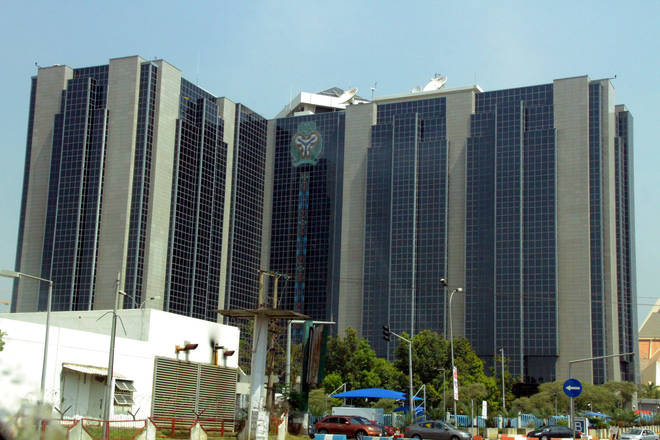Concern is mounting over the non-remittance to the Federation Account of about N20 trillion generated from stamp duties in recent years. According to reports, N7.79 trillion was generated in 2015 alone with the total outstanding now in the region of N20 trillion. Fingered to be complicit in this irregularity are key public institutions such as the Central Bank of Nigeria [CBN], Office of the Secretary to the Government of the Federation [OSGF], Federal Inland Revenue Service [FIRS], Nigerian Interbank Settlement System [NIBSS] and Nigeria Postal Services, NIPOST.
The report was informed by the outcome of investigations by the International Centre for Investigative Reporting (ICIR), which commenced as far back as July 31 2018. Suspicion that these agencies are somewhat culpable in the irregularity stemmed from their refusal to provide information with respect to a request filed by ICRI on the basis of Freedom of Information Act [FOI] provisions. The request for information was in respect of stamp duty remittances from deposit banks and other financial institutions, the current status of the stamp duty Central Account domiciled in CBN, stamp duty revenue remitted to CBN by the NIBSS between 2016 and 2017. The reticence by these agencies to provide this information as demanded was a flagrant violation of the provisions of the FOI Act.
Stamp duties are statutory taxes levied on legal documents including cheques, receipts, military commissions, licences and land transaction papers. In the olden days, stamps must be affixed to official documents in order to validate them. A few years ago however, banks were mandated to collect stamp duties from every account holder. While the deductible amount per bank account is small, it all adds up to money in billions and trillions of naira. Stamp duties are therefore part of the public revenue collectibles and must be subject to the full conditions of disclosure. as pertains to public revenue transactions. Two issues come up from the non-co-operative of these agencies with the FOI enquiries. For one, there is a wholesale breach of the provisions of the FOI Act by the mentioned agencies. The other is the huge amount of money involved. At N20 trillion, this is equivalent to more than twice the federal government’s annual budget.
Against the backdrop of the country’s resort to huge and problematic foreign as well as domestic borrowing to finance the budget, it is odd indeed that this is done when such a huge sum of money is left unremitted to the federation account. It is significant that the non-remittances were traced to 2015 when the present administration came on stream. Hence it is simply unimaginable that such core transactions would remain unknown to the administration. That is why the affected institutions owe the country a duty to come clean on the allegation of complicity in the non-remittance.
Also significant is that the advent of the present administration was marked with the proper take off of the Treasury Single Account (TSA), into which all government revenues should be paid. The attitude of these agencies to the serial non-remittance of stamp duties should therefore be seen as a serious breach of extant financial regulations that qualifies to be investigated officially.
The circumstances surrounding this instance also qualify for attention of the National Assembly, one of whose statutorily functions is the oversight of government business. The institution should without delay, launch a well-appointed investigation into the issue, pursuant to streamlining the stamp duty collection and remittance protocol. This task is more pivotal to the fortunes of the country than may be casually realized. Unremitted public revenue provides the basis for leakages in the country’s income stream and diminishes its potential for growth. Besides, the unremitted funds could also provide avenue for theft of public funds.
In the light of the efforts of the present administration in fighting corruption, the least that is expected with respect to the stamp duty matter is to make every aspect of it transparently public.

 Join Daily Trust WhatsApp Community For Quick Access To News and Happenings Around You.
Join Daily Trust WhatsApp Community For Quick Access To News and Happenings Around You.


